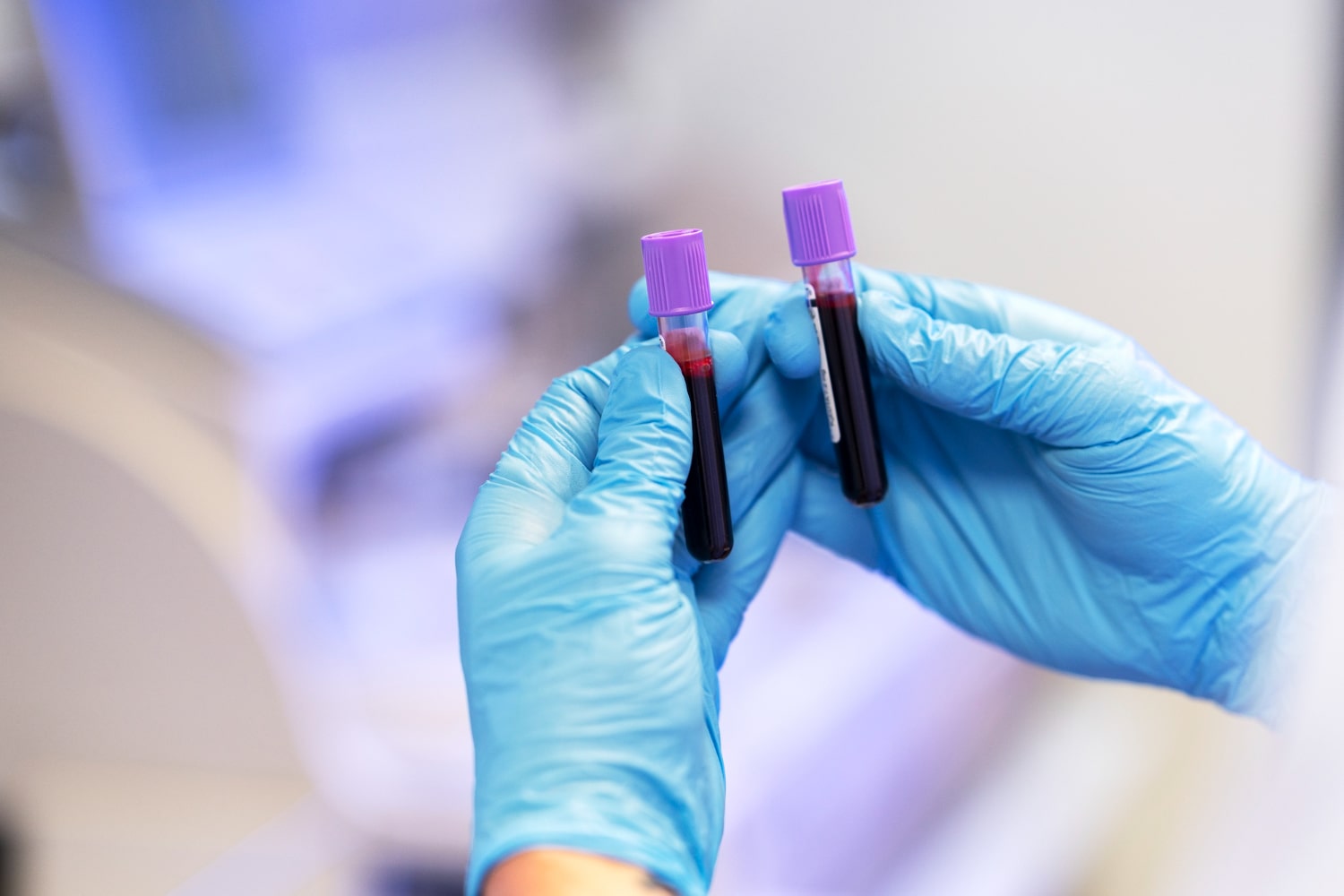Blood tests could help diagnose Parkinson’s
Admin
- 0

Parkinson’s disease, a debilitating condition that affects more than 10 million people worldwide, has long been a medical enigma with limited treatment options.
However, a recent study carried out by researchers at the University of Copenhagen shows the underlying mechanisms of this neurodegenerative disease, offering promising perspectives for the future of its treatment.
Historically, the understanding of Parkinson’s disease has focused on genetic factors associated with familial cases, with causes in most patients remaining elusive. However, Professor Shohreh Issazadeh-Navikas leads a team that has discovered a crucial element: damage to mitochondrial DNA, which triggers a cascade of events leading to disease.
Parkinson’s disease, characterized by symptoms such as tremors, difficulty walking and cognitive challenges, has now been linked to dysfunction of mitochondria, the vital energy producers in brain cells, especially neurons. This mitochondrial damage triggers alterations in mitochondrial DNA, leading to the progression of the disease and its eventual connection to dementia.
Contents
ToggleDNA becomes toxic
The research reveals an intriguing phenomenon: small fragments of mitochondrial DNA, released in brain cells, become toxic and spread through brain tissue, creating a domino effect similar to an uncontrolled forest fire. This finding represents a paradigm shift in the understanding of the mechanisms underlying Parkinson’s disease.
The most exciting novelty of this discovery lies in its potential for early diagnosis through blood testing. The detection of damaged mitochondrial DNA could become a blood biomarker, providing a valuable tool for early identification of the disease and evaluation of responses to treatment.
Biomarkers, which are objective indicators of specific medical conditions, play a crucial role in contemporary medicine. Identifying one for Parkinson’s disease could revolutionize the way this condition is addressed.
Also Read: How stress and depression work in the brain according to a new study
The possibility of taking small blood samples to diagnose the disease or evaluate the effectiveness of treatment represents a significant advance in personalized medicine.
Professor Issazadeh-Navikas envisions a future in which mitochondrial DNA damage can become a predictive marker for different stages and progression of the disease. Additionally, he focuses on exploring therapeutic strategies aimed at restoring normal mitochondrial function, offering a hopeful perspective for the development of more effective treatments.
This pioneering study not only unlocks the secrets of Parkinson’s disease but also opens the door to new therapeutic avenues and possibly early diagnosis that could change the trajectory of this neurodegenerative condition.
Future research will focus on the practical application of these findings, with the hope of improving the quality of life of those affected by this devastating disease.


